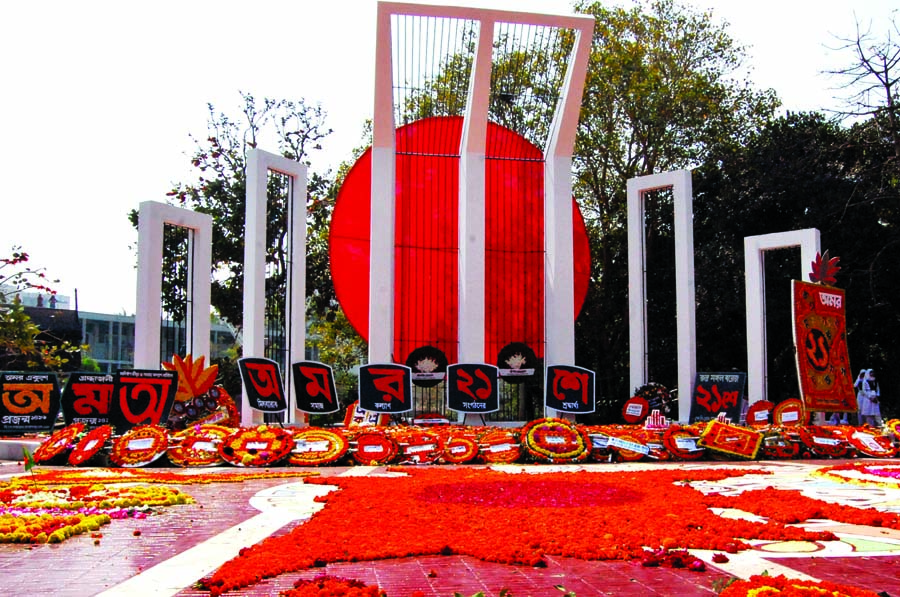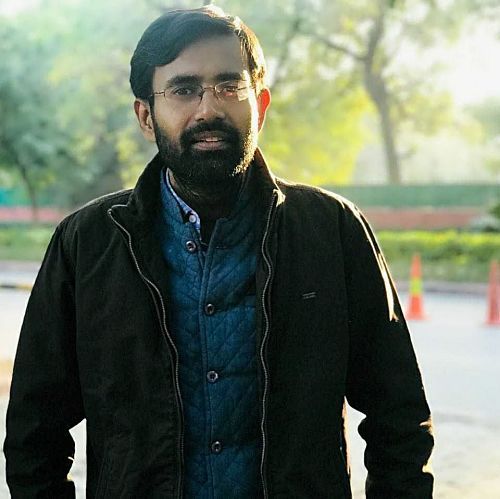Consider the spark for the struggle for independence by East Pakistanis, now called Bangladeshis, or think of the resistance to the Citizenship Amendment Bill in the Northeast, the International Mother Language Day underscores the emotional chord one’s first language strikes
New Delhi: "Amar bhaiyer rakte rangano ekushey February" is not a mere song for Bangladesh; it’s an anthem. Much before Mothers Language Day began being commemorated, an entire pre-social media generation stood up for their right to communicate in their mother language.
The year was 1952. On this day, East Pakistanis from all sections of society led by students took to the streets in Dhaka to protest against the then West Pakistan government's refusal to recognise Bangla as one of the state languages. Bangladesh, which was still known as East Pakistan, erupted against the imposition of Urdu as the only official language of the entire land.
The Pakistani regime, true to its colour, tried to demolish the protest. It banned public meetings and rallies. But Dhaka University students defied the ban by arranging massive rallies and meetings across the length and breadth of the city.

On February 21, 1952, Pakistan law enforcement agencies opened fire on innocent students, killing many of them. Salam, Barkat, Rafiq, Jabbar, Shafiur, etc are just a few names among a slew of commoners killed in cold blood while they were fighting for their right to save their language.
After Bangladesh gained independence, thanks to the Indian intervention, in a shameful defeat for Pakistan in 1971, this day came to be known as Shahid Dibash (Martyrs’ Day) in Bangladesh. Not only was the identity of the new nation based on a language but the name itself conveyed how significant Bangla language was for the new Asian nation.
Recognising this rare struggle, the United Nation in 1999 declared it as the international Mother Language Day. But for people of Bangladesh, it continues to remain a sombre occasion. Like every year in Bangladesh, the national flag was hoisted at half-mast in all educational institutions, government, semi-government and autonomous offices and private buildings.
For a country like India that has so many regional identities, this day has a very significant place, if not as much as of Bangladesh's. Very recently, the entire Northeast went up in arms against a proposed Citizenship Amendment Bill citing that inclusion of a large number of people from elsewhere to their state could destabilise the local culture and linguistic ethos. Though it was not solely based on language, when Assam went up in arms against what they called 'foreigners' in the 1970s, language was definitely one of the concerns. Even today, incidents of vandalising of milestones and metro hoardings marked in Hindi are reported from parts of Tamil Nadu and Karnataka.
One’s mother tongue is central to the cultural identity of a nation, state or community. This day marks the fight lakhs fought on the streets of Bangladesh in pursuit of safeguarding that identity. But the reason it is celebrated around the globe, and particularly in India with so much fanfare, is that it finds resonance everywhere even today.
Last Updated Feb 21, 2019, 4:57 PM IST











![Salman Khan sets stage on fire for Anant Ambani, Radhika Merchant pre-wedding festivities [WATCH] ATG](https://static-ai.asianetnews.com/images/01hr1hh8y86gvb4kbqgnyhc0w0/whatsapp-image-2024-03-03-at-12-24-37-pm_100x60xt.jpg)
![Pregnant Deepika Padukone dances with Ranveer Singh at Anant Ambani, Radhika Merchant pre-wedding bash [WATCH] ATG](https://static-ai.asianetnews.com/images/01hr1ffyd3nzqzgm6ba0k87vr8/whatsapp-image-2024-03-03-at-11-45-35-am_100x60xt.jpg)



